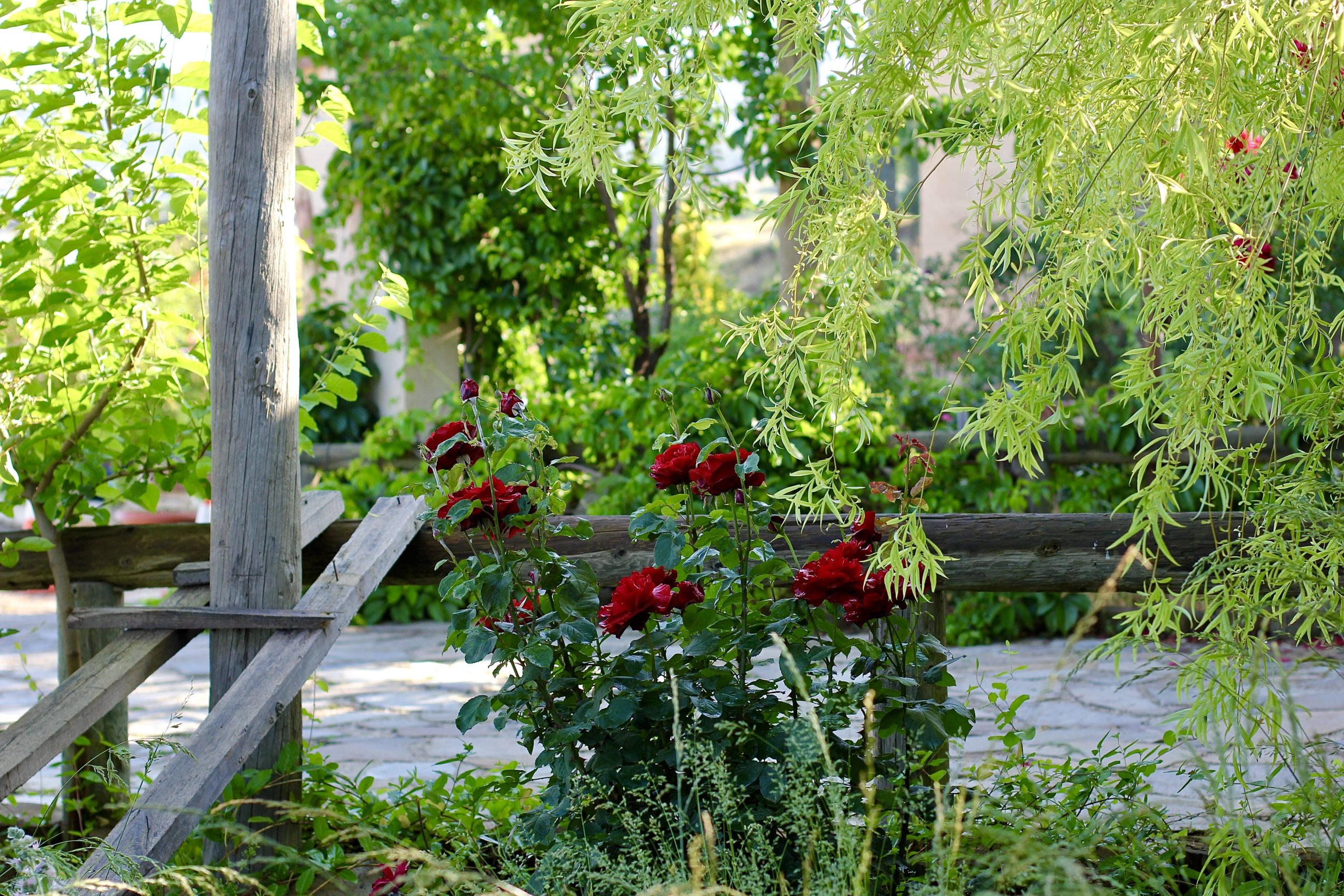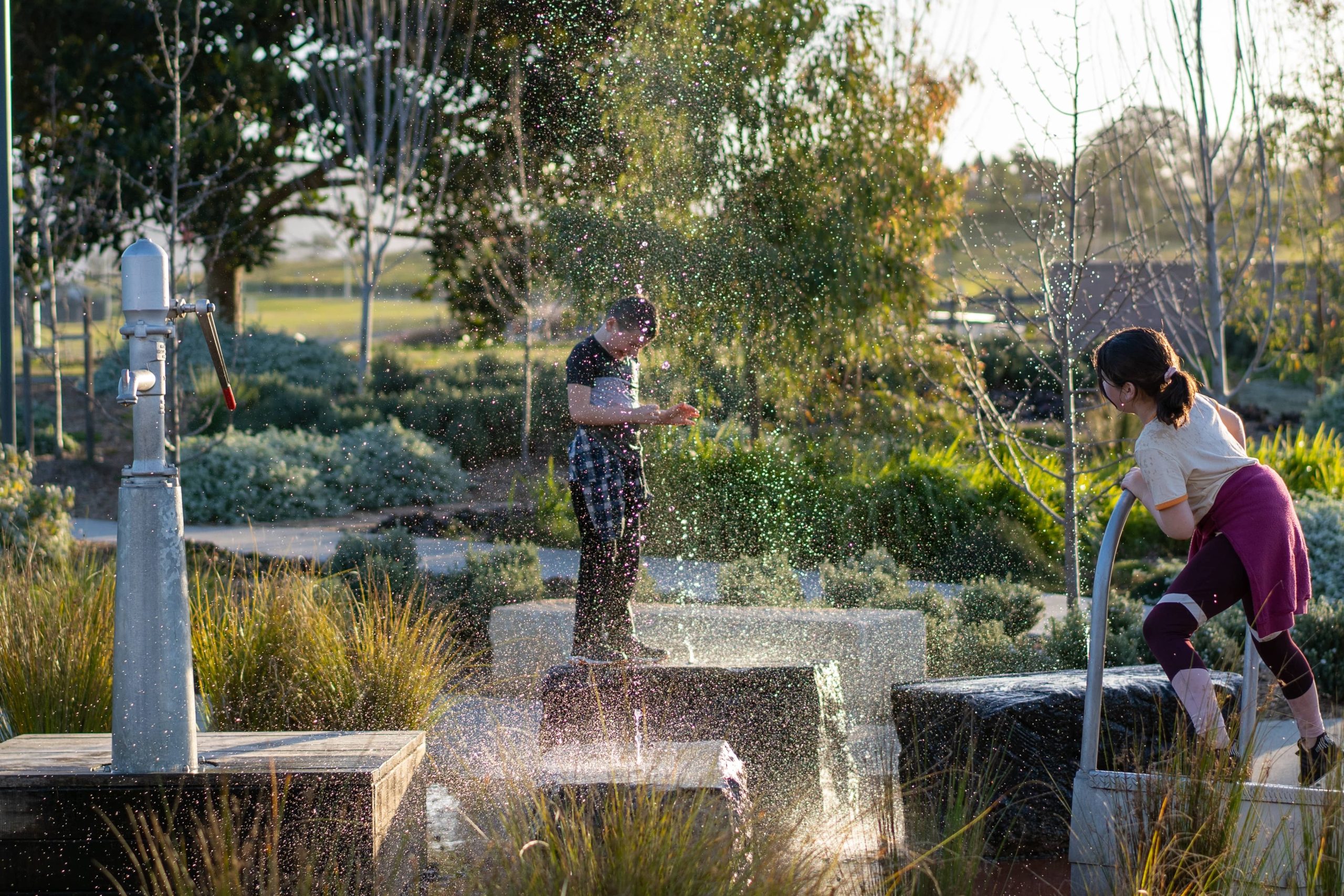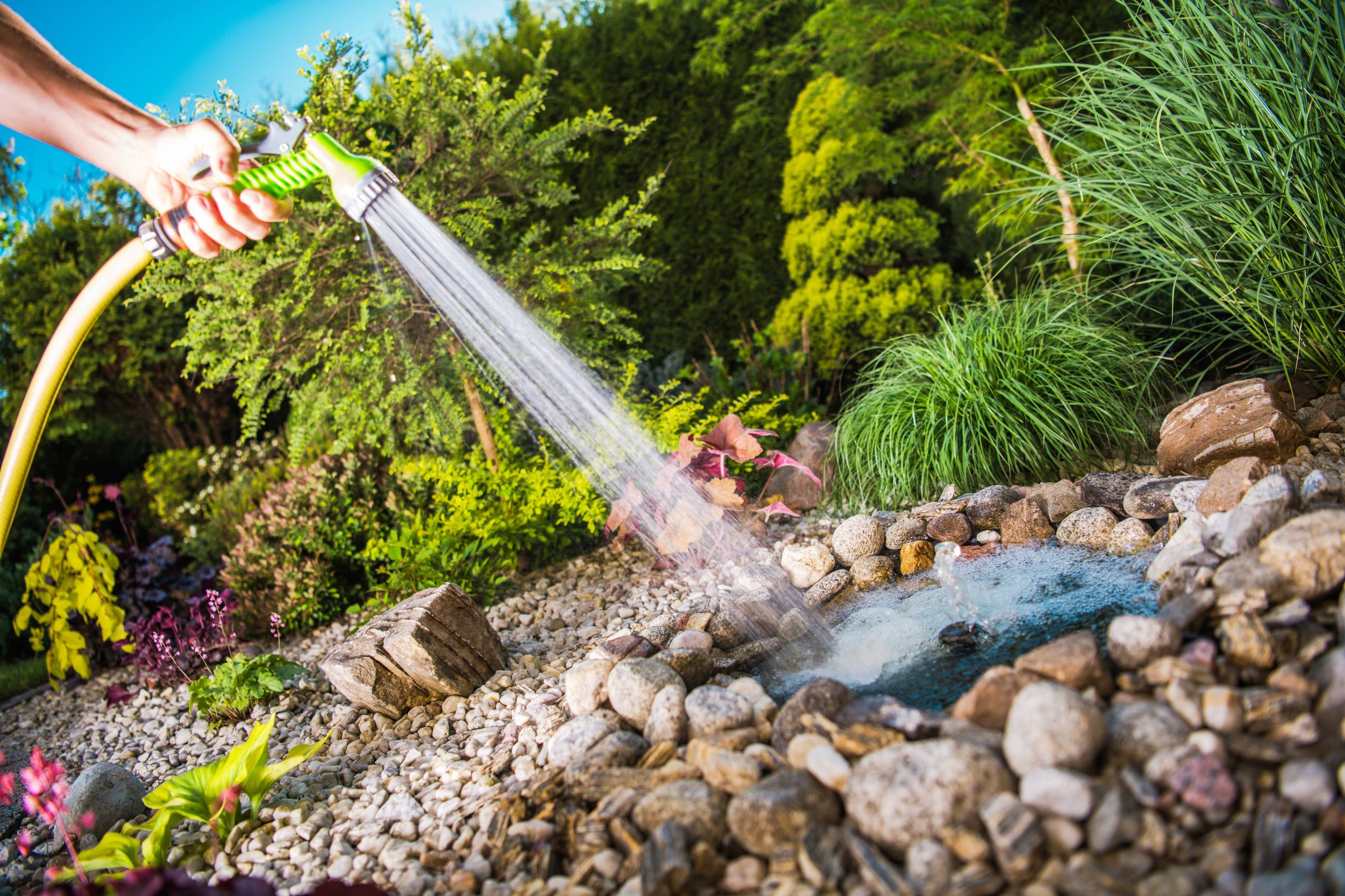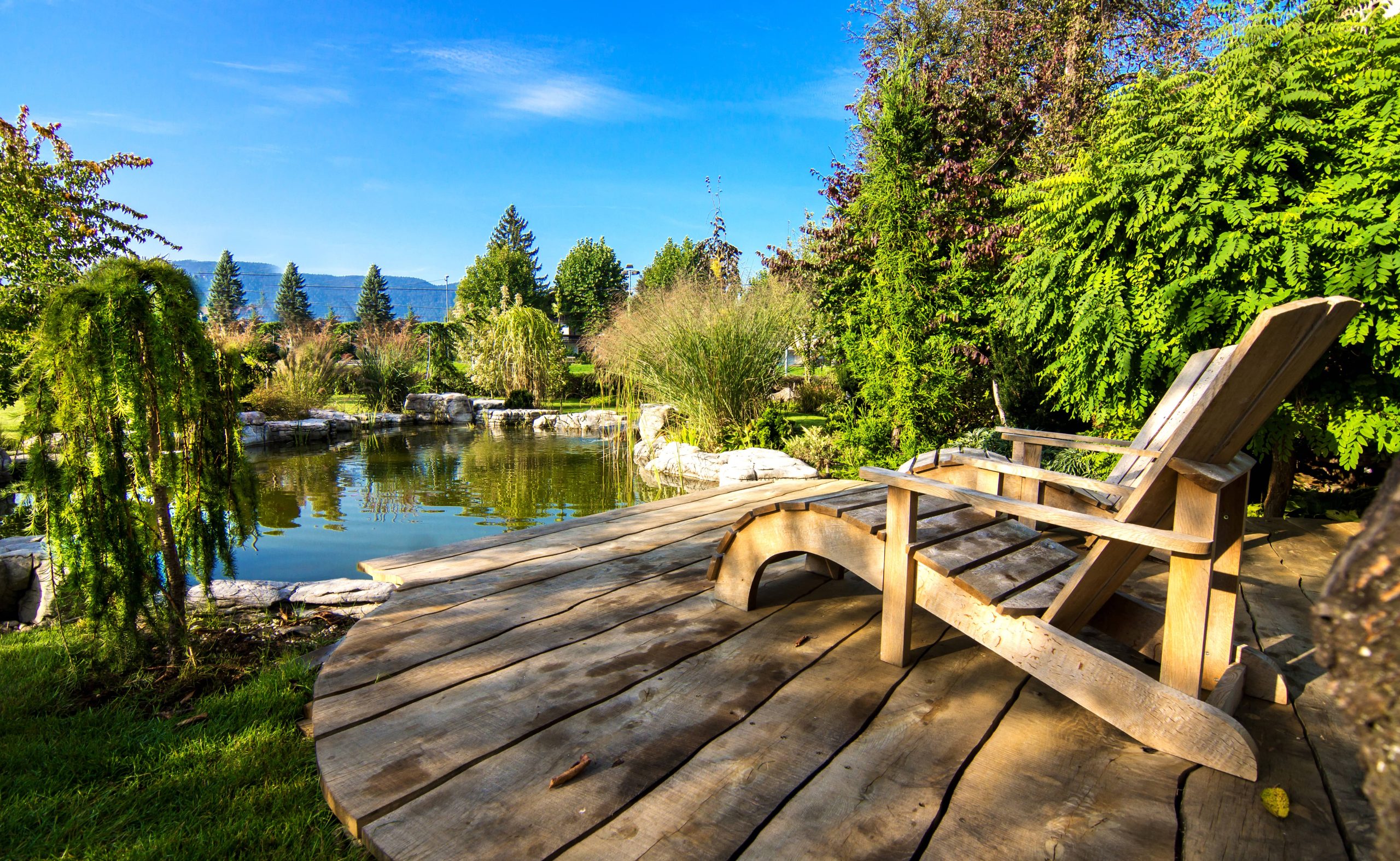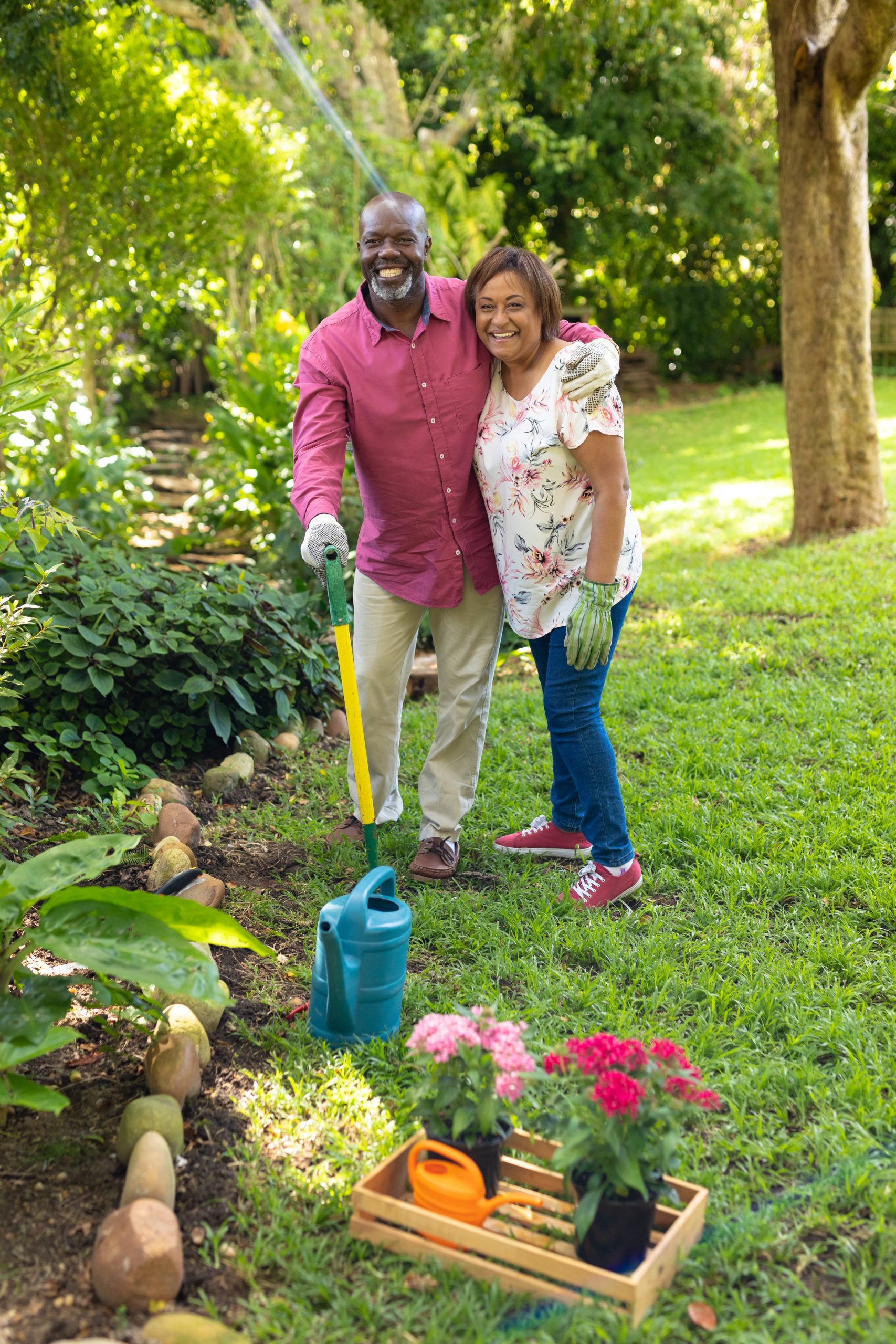
Gardening enthusiasts understand that compost is an essential ingredient in cultivating healthy and thriving plants. It serves as the cornerstone for a flourishing garden, enriching the soil, improving its structure, and providing essential nutrients. Choosing the right compost for your garden is crucial, as it can significantly influence plant growth, yield, and overall garden health. In this blog post, we will explore the different types of compost available, their specific benefits, and factors to consider when selecting the appropriate compost for your unique garden needs.
Understanding Compost and Its Benefits
Compost is organic material that has decomposed over time into a rich, dark substance. This process recycles various organic materials otherwise regarded as waste, such as kitchen scraps and yard debris. Compost benefits your garden by:
– Improving soil structure: Compost helps aerate the soil and enhance its texture, making it easier for plant roots to grow and take up water and nutrients.
– Increasing nutrient content: It provides essential nutrients that plants need for growth, including nitrogen, phosphorus, and potassium.
– Enhancing water retention: Compost can hold moisture effectively, reducing the need for frequent watering.
– Supporting beneficial microorganisms: It promotes the activity of beneficial soil organisms that help break down organic matter and suppress pests and diseases.
Types of Compost
There are several types of compost available on the market, each with its distinct characteristics and benefits. Here’s a closer look at them:
1. Garden Compost: A general-purpose compost suitable for various garden applications, including flower beds, vegetable patches, and shrubs. It usually consists of a mix of green waste (like grass clippings) and brown waste (such as leaves and twigs), providing a balance of nutrients and improving soil structure.
2. Mushroom Compost: Made from mushroom farming by-products, this compost is rich in organic matter and a great soil conditioner. However, it can be slightly alkaline, so it’s best suited for plants that tolerate or prefer alkaline conditions, such as brassicas and some flowering plants.
3. Worm Compost (Vermicompost): Produced by worms digesting organic waste, worm compost is incredibly nutrient-rich and excellent for improving soil fertility. It’s particularly beneficial for seedlings and young plants, as it provides a gentle nutrient boost.
4. Leaf Mold: Composed entirely of decomposed leaves, leaf mold is prized for its ability to improve soil structure and water retention without adding excess nutrients. It is especially useful in woodland gardens and for mulching around shrubs and trees.
5. Manure Compost: Composed of decomposed animal manure, often mixed with straw or hay. It’s nitrogen-rich, making it ideal for vegetable gardens. However, it’s important to use well-rotted manure to prevent burning plant roots.
6. Peat-Free Compost: An environmentally friendly option designed to reduce peat demand, often made from a mix of wood fibers, bark, and other organic materials. Ensure the product is suitable for the specific needs of your garden.
Selecting the Appropriate Compost
Now that you’re familiar with the different types of compost, here are key factors to consider when choosing the right compost for your garden:
– Understand Your Soil Type:
Your garden’s soil type will greatly influence the kind of compost you need. Sandy soils, for instance, benefit from compost that enhances water retention, while clay soils require compost to improve drainage and structure.
– Consider Your Plants’ Needs:
Different plants have varying nutrient requirements and soil pH preferences. For example, acid-loving plants like blueberries may benefit from specific ericaceous compost.
– Check for Certifications:
Look for compost that is certified by credible organizations. This ensures that the compost is of high quality and free from pesticides, pathogens, or weed seeds.
– Think About the Carbon to Nitrogen Ratio:
An appropriate balance between carbon and nitrogen in compost is crucial for decomposition and nutrient availability. Look for compost with a balanced mix, or choose one based on specific plant needs.
– Assess the Compost Texture:
Depending on your garden’s requirements, you may need coarse or fine-textured compost. Coarse compost is excellent for mulching, while fine compost is better for potting mixes.
– Sustainable and Local Options:
Consider sourcing compost locally to reduce your carbon footprint. Many municipalities offer community compost made from collected green waste.
Conclusion
Selecting the right compost for your garden is both an art and a science. By understanding the needs of your soil and plants, you can choose compost that enriches the soil, enhances plant growth, and contributes to a sustainable garden ecosystem. Whether you’re a seasoned gardener or a novice, investing time in selecting the appropriate compost will pay dividends in the beauty and bounty of your garden. Happy gardening!

